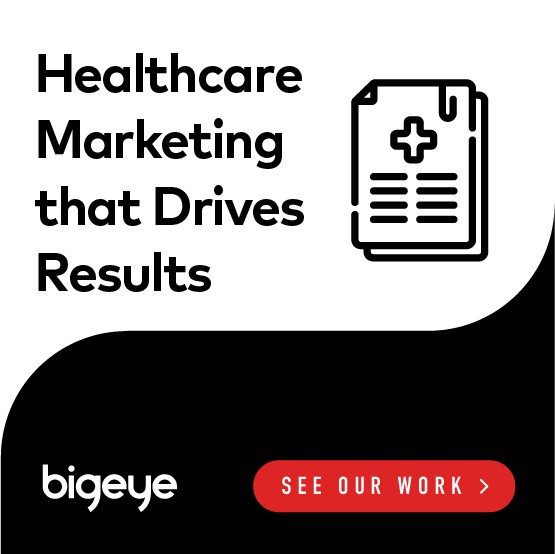
Modern health providers interested in educating their patients in today’s world face challenges.
First, they have to be cautious of the information they provide. HIPAA, the rules which govern patient privacy, require providers to exercise care in not revealing patient information without permission, or potentially face violations in the hundreds or thousands.
Providers also may be hesitant to spend their time – or that of their staff members – on healthcare marketing efforts, since these initiatives aren’t directly tied into billable patient time.
Along the school of thought, the need for reliable information from trusted sources is also especially critical, and who can be deemed a more trustworthy source than one’s local doctor? For this reason, many physicians have the capacity to reach many patients quickly using more efficient modern digital methods – versus trying to educate patients on an individual basis.
Medical marketers in search of ways to inform patients in the most timely manner should try to incorporate the following five tried and true strategies into their overall efforts:
1. Electronic newsletters
These can offer fresh content about general medical info, including details specific to a particular location or business. For instance, a monthly edition could consist of topics such as medical precautions people could be taking, or different health information for a certain time of year. Personal touches are also a good idea to boost engagement and generate interest, including staff bios, details about the local office, or other noteworthy activities.
2. Social media
Common channels like Facebook or Twitter receive high traffic and statistically speaking, have many active users. They’re also easy media to be used to track the volume of visitors and interactions/engagements on your business’ pages. Both sites are also good avenues to grow rapport and loyalty. You, or whomever you delegate management of your social media efforts to within your staff or agency, can share interesting health articles from external sources, provide info about office “happenings”, promote events, and try to engage with your customers/supporters through online discussion. The tone on Facebook can actually be quite casual – in fact, sometimes all you need to post for effective content marketing is a fun picture to accompany a simple message.
3. Business blog
A blog attached to your main site has the potential to offer more in-depth information about local, national and international health topics, including longer paragraphs than you would have room for on your social network pages (the best practices for length of Facebook posts are less than 40 characters, and less than 100 for Twitter.) A blog, especially one with rich and regularly updated content, may also increase a visitor’s time on your site, rather than simply inviting quick verification of basic info such as phone numbers, appointment processes, and details about the clinic.
4. Regular texting
Since more and more people are using their mobile phones, texting is becoming a preferred outreach method, at least for some recipients. While the 160-character limit doesn’t necessarily lend itself to complex and detailed information, you might consider including links to other interesting health articles or good links within your blog/site to boost engagement and position your practice as a thought leader.
5. Podcasts
Though time-intensive, podcasts have the capacity to reap good pay-offs in terms of interest, and being seen as provider open to connecting in new ways. A podcast is a short audio segment that you record and make available to anyone who wants to subscribe. Your podcast may last for only 5-10 minutes, although some go longer, and yours can grow in length once you’ve established your production. Typically, podcasters interview other experts, or often, simply host with no guest interaction. This forum presents the perfect opportunity to offer a personal perspective on health topics proactively, rather than allowing patients misjudge medical information by reading and perceiving something inaccurately via mainstream news. A podcast is also the perfect place to say “that article wasn’t quite right.” For instance, a recent study eluded to the negative health benefits of sitting for long periods, and news outlets went wild with scary headlines. The Mayo Clinic tried to offer a better perspective by explaining that the actual study included other risk factors. A trusted provider can make sense of a study and inform listeners to the real concerns that might be of harm to them. In this case, the podcaster can offer a more positive and reassuring message, such as “here’s how being active provides daily health benefits.”
Overall, the abundance of information online presents plenty of opportunities for local health providers to offer valuable, accurate expertise. For additional strategies and outreach methods to include in your healthcare marketing efforts, contact our experts today!




